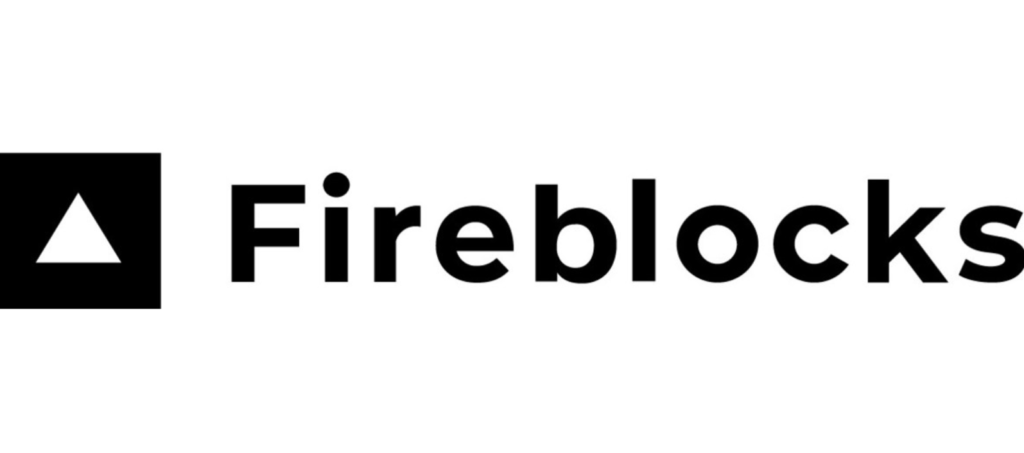On November 28, Fireblocks announced the launch of a new trading system known as “Off Exchange” to mitigate risks associated with institutions that utilize centralized exchanges.

The new system, known as “Off Exchange,” permits institutional traders to exchange tokens without making an initial deposit on the exchange. According to Fireblocks, this mechanism would aid in eradicating counterparty risk on centralized exchanges and preventing future collapses comparable to FTX.
During an interview with Cointelegraph, Michael Shaulov, co-founder and CEO of Fireblocks, described the operation of Off-Exchange. According to him, Trading firms can deposit assets into a “shared” or “interlocked” MPC wallet, whose private key consists of three fragments.
The exchange holds the second fragment, while the trading firm has the first. The third shard is “triggered by an oracle.” To validate a transaction in this wallet, the transaction’s signature must appear on two of every three fragments. Consequently, neither the speculator nor the exchange can independently divest assets.
Shaulov explained that transactions are typically confirmed when the exchange and merchant affix their signatures. However, if either the exchanger or trader fails to respond for a specified duration, the third-party oracle may, under specific circumstances, furnish an additional signature.
“One of the stipulations is that in the event of an exchange breach resulting in prolonged unresponsiveness, the trader may recover the principal amount without the exchange’s authorization,” explained Shaulov.
The announcement states that institutional trading firms QCP Capital, BlockTech, and Zerocap have already implemented Off Exchange and are utilizing it to trade on the Deribit centralized exchange.
The team intends to add support for additional exchanges, including HTX, Bybit, Gate.io, WhiteBIT, BIT, OneTrading, Coinhako, and Bitget, in the coming months. Off-Exchange is not yet accessible to non-institutions, Shaulov informed Cointelegraph.
Throughout their existence, counterparty risk has been a significant obstacle for centralized cryptocurrency exchanges. As a result of a cybersecurity breach that occurred on Mt. Gox in 2014, users lost more than $473 million in deposits.
The Canadian cryptocurrency exchange Quadriga ceased operations in 2018 without returning user funds, causing users to incur losses above $169 million.
Regulators subsequently claimed that the exchange constituted a Ponzi scheme. When cryptocurrency exchange FTX ceased processing withdrawals in 2021, investors lost around $8 billion. Currently in insolvency, the exchange’s CEO has received a conviction for fraudulent activities.
Fireblocks asserted in its announcement that Off Exchange will aid in preventing such incidents, which “stem from the unique structure of the cryptocurrency trading market, where exchanges serve as both a custodian and trading venue,” among others. The document recommended “locking funds in secure MPC-based shared wallets” to circumvent this issue.
